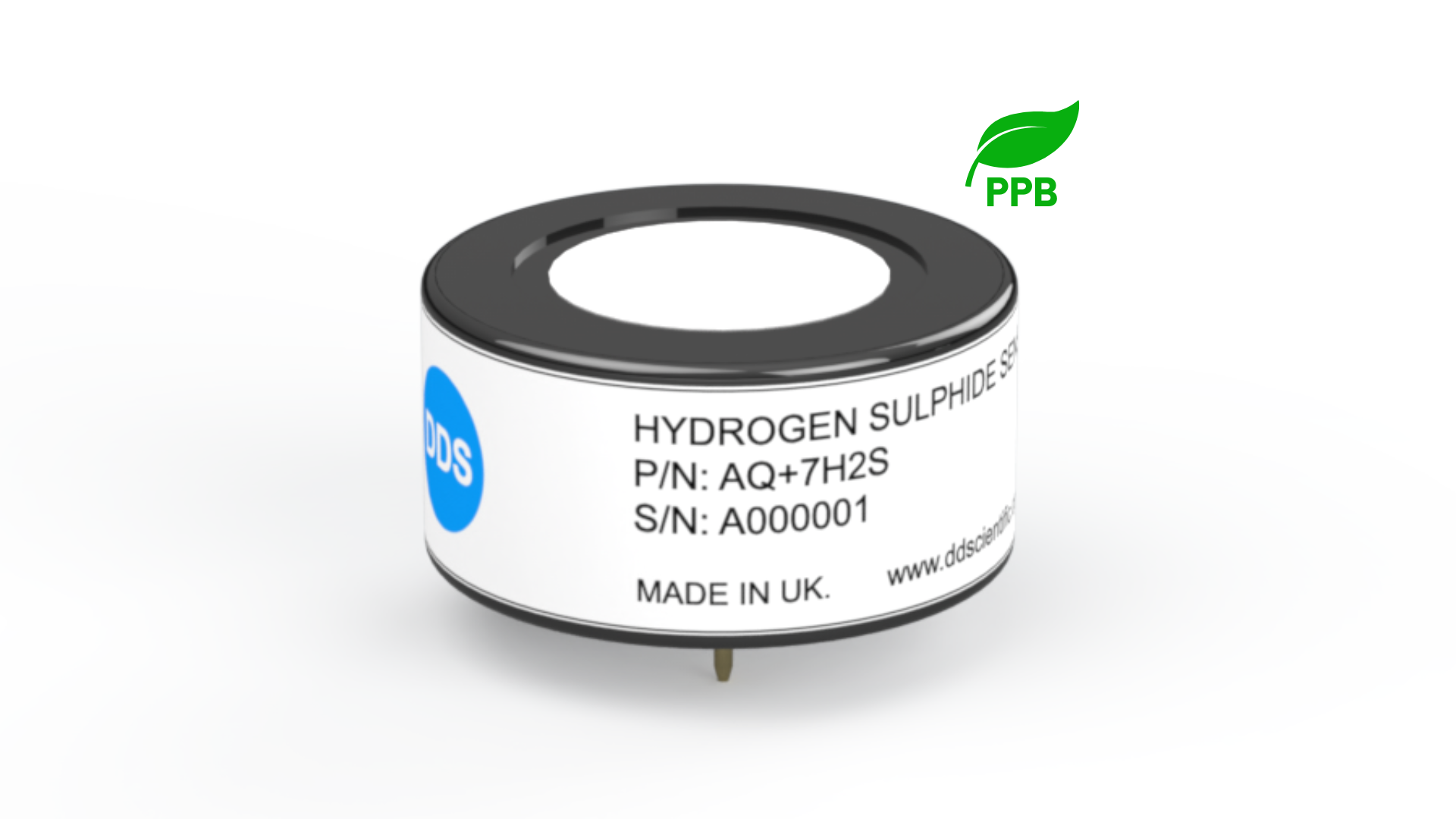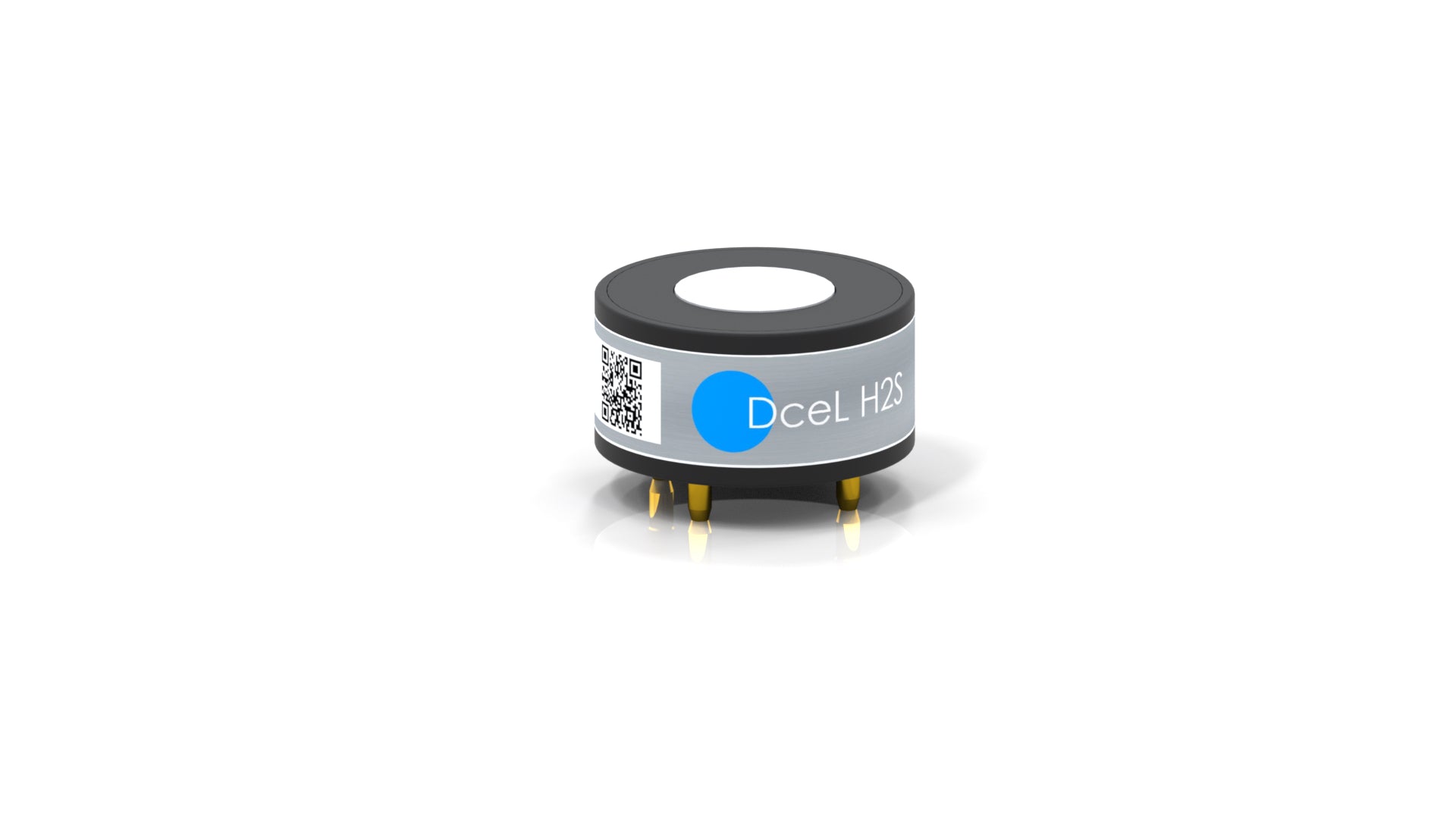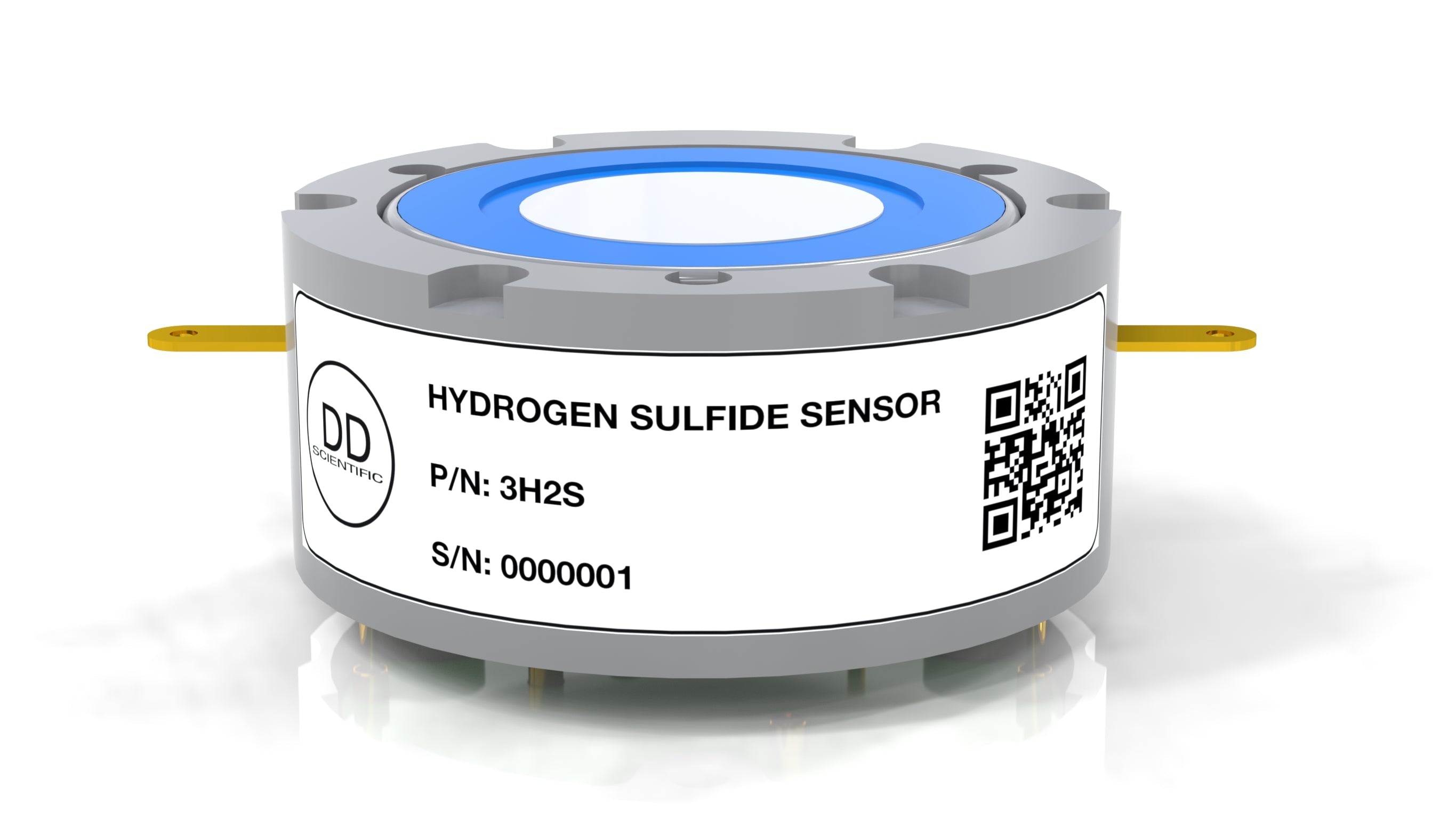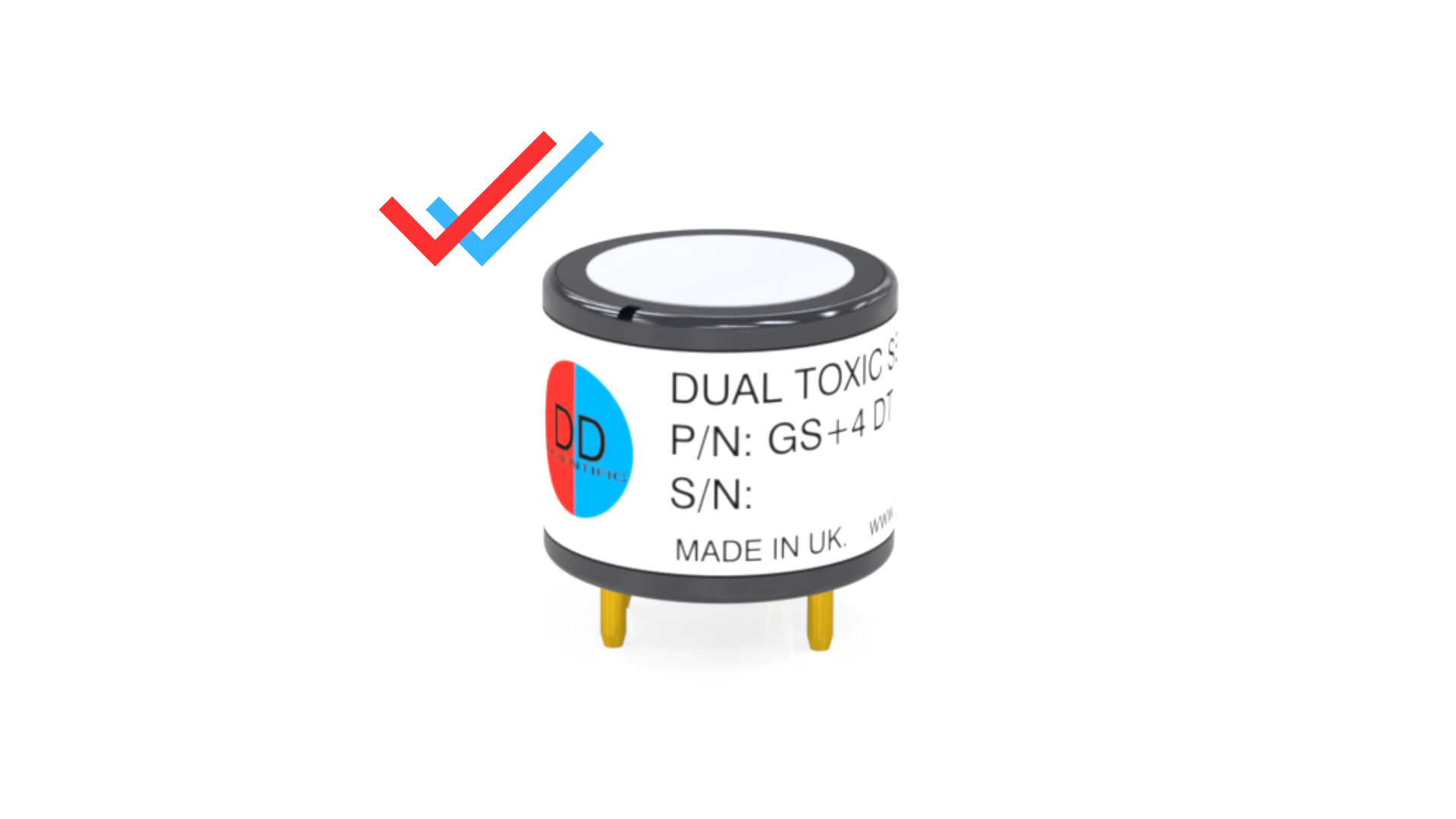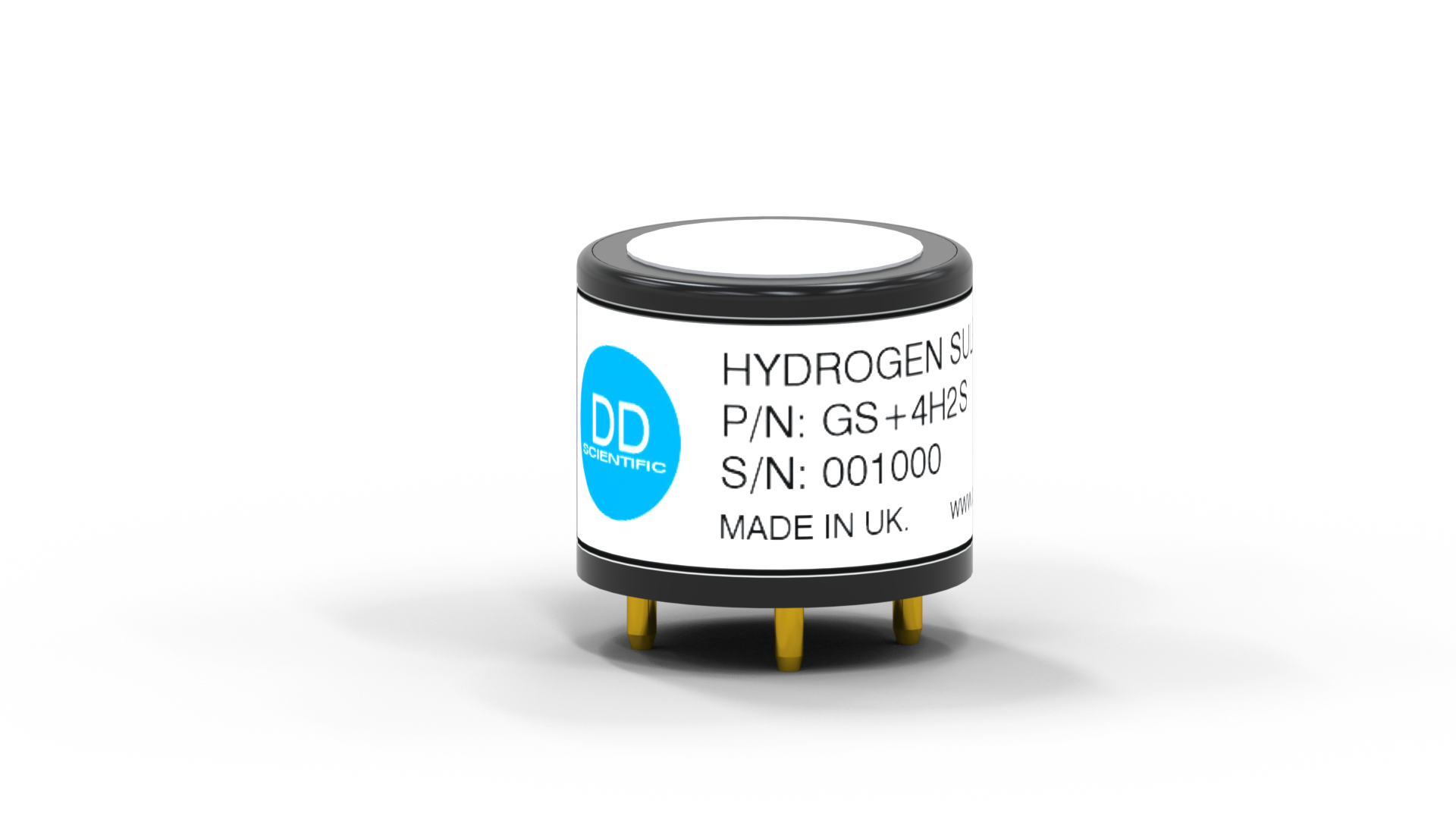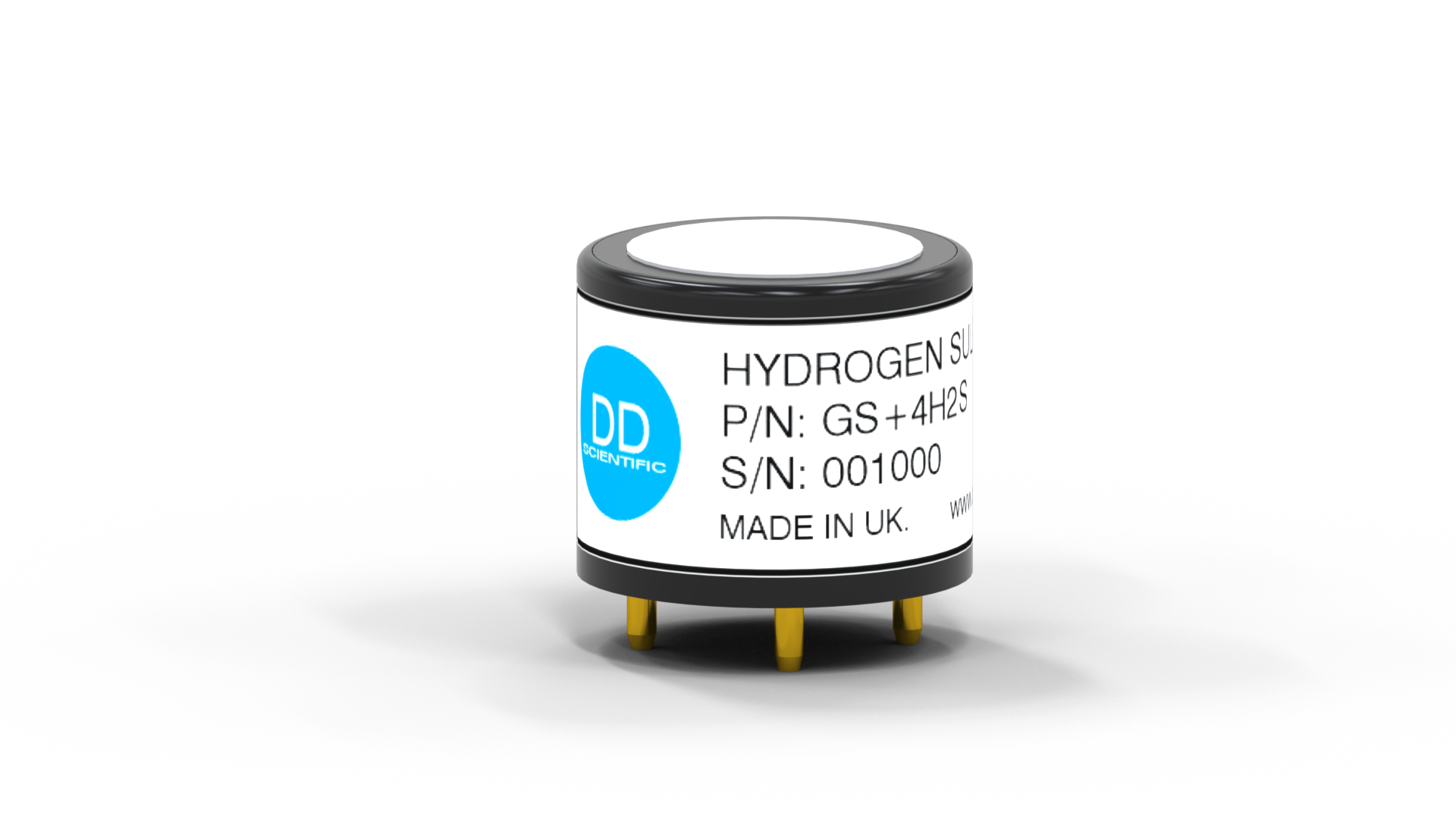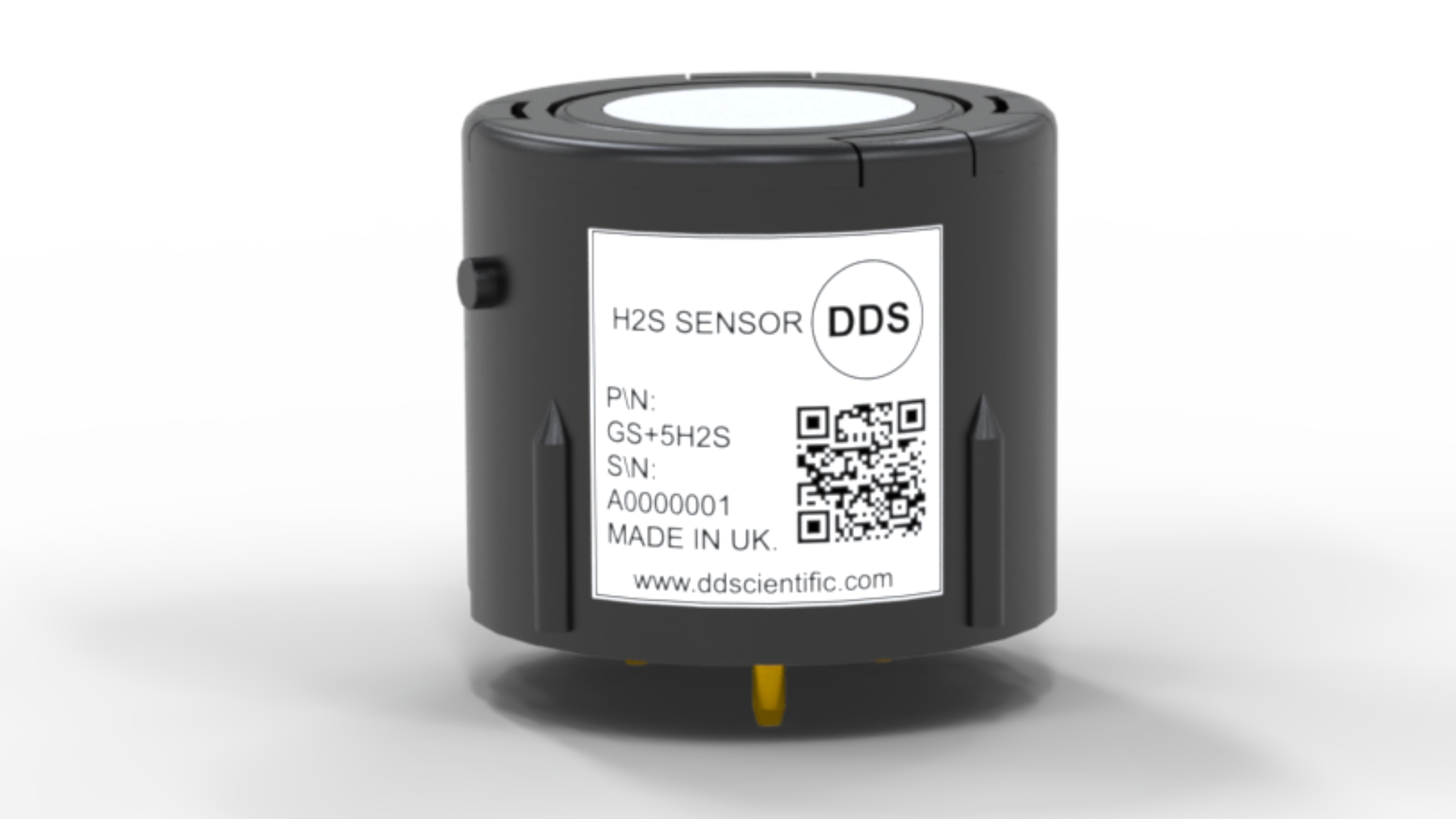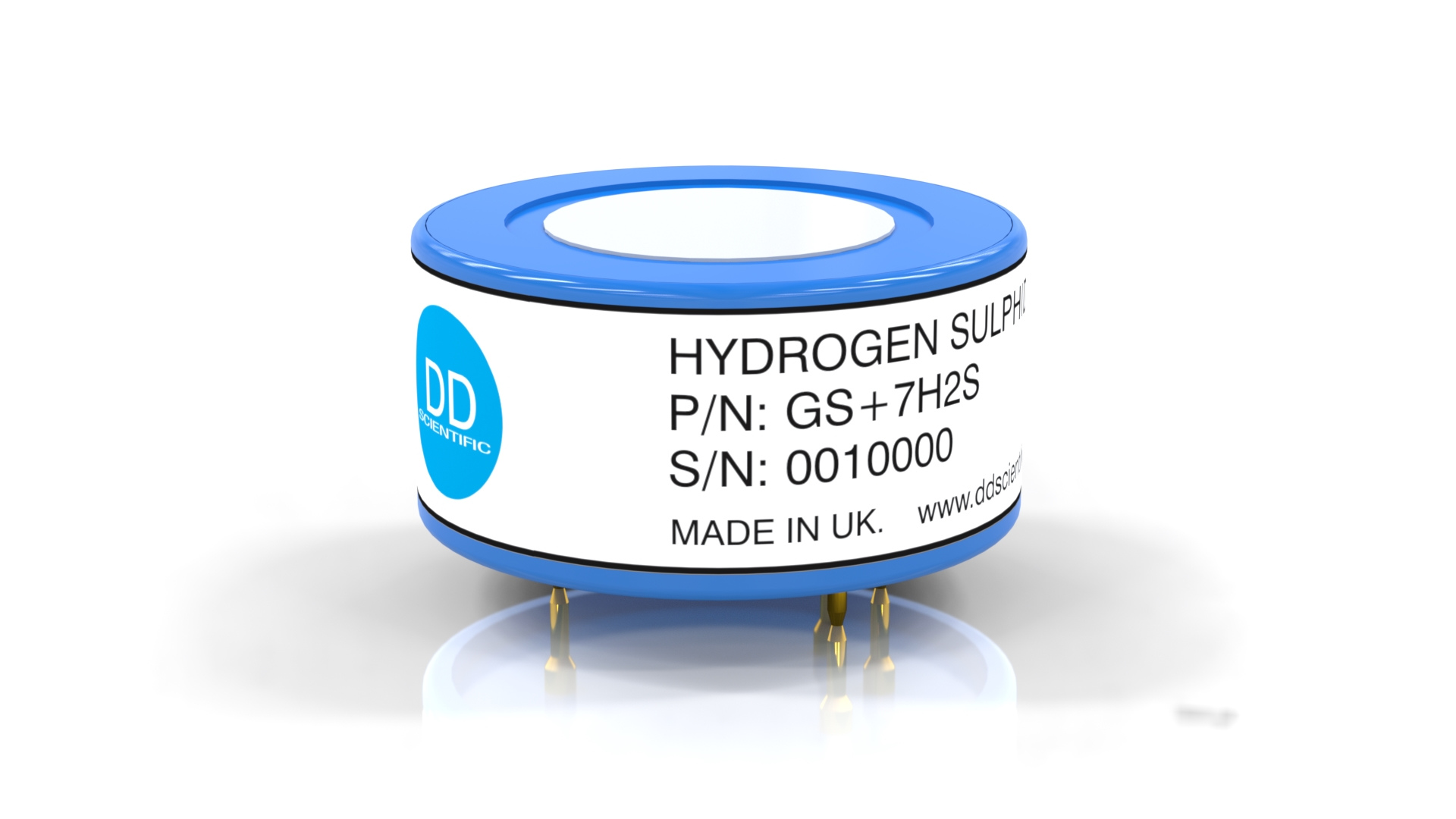What are the potential hazards of Hydrogen Sulphide (H2S)?
H2S is highly toxic and can cause rapid respiratory failure, loss of consciousness, and death in high concentrations. Exposure to even low concentrations can lead to symptoms such as eye irritation, headache, nausea, and respiratory distress.
H2S is flammable and can ignite in the presence of air, oxygen, or other oxidising agents, posing fire and explosion risks.
Workers in industries such as oil and gas, wastewater treatment, and agriculture are at risk of exposure to H2S, requiring proper training, personal protective equipment, and gas monitoring systems.
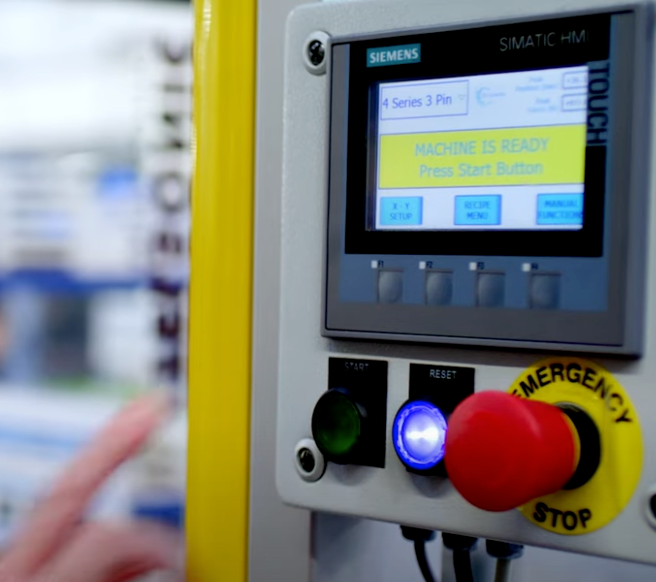
Mitigate risk with DD-Scientific
Understanding the hazards associated with H2S is vital for implementing effective prevention strategies and ensuring the safety of individuals in their workplace environments.
Mitigation of H2S related risks relies upon fast, precise and reliable detection, features DDS sensors are guaranteed to deliver.
If you can't find the sensor type you are looking for or need help with sensor selection don't hesitate to get in touch.




